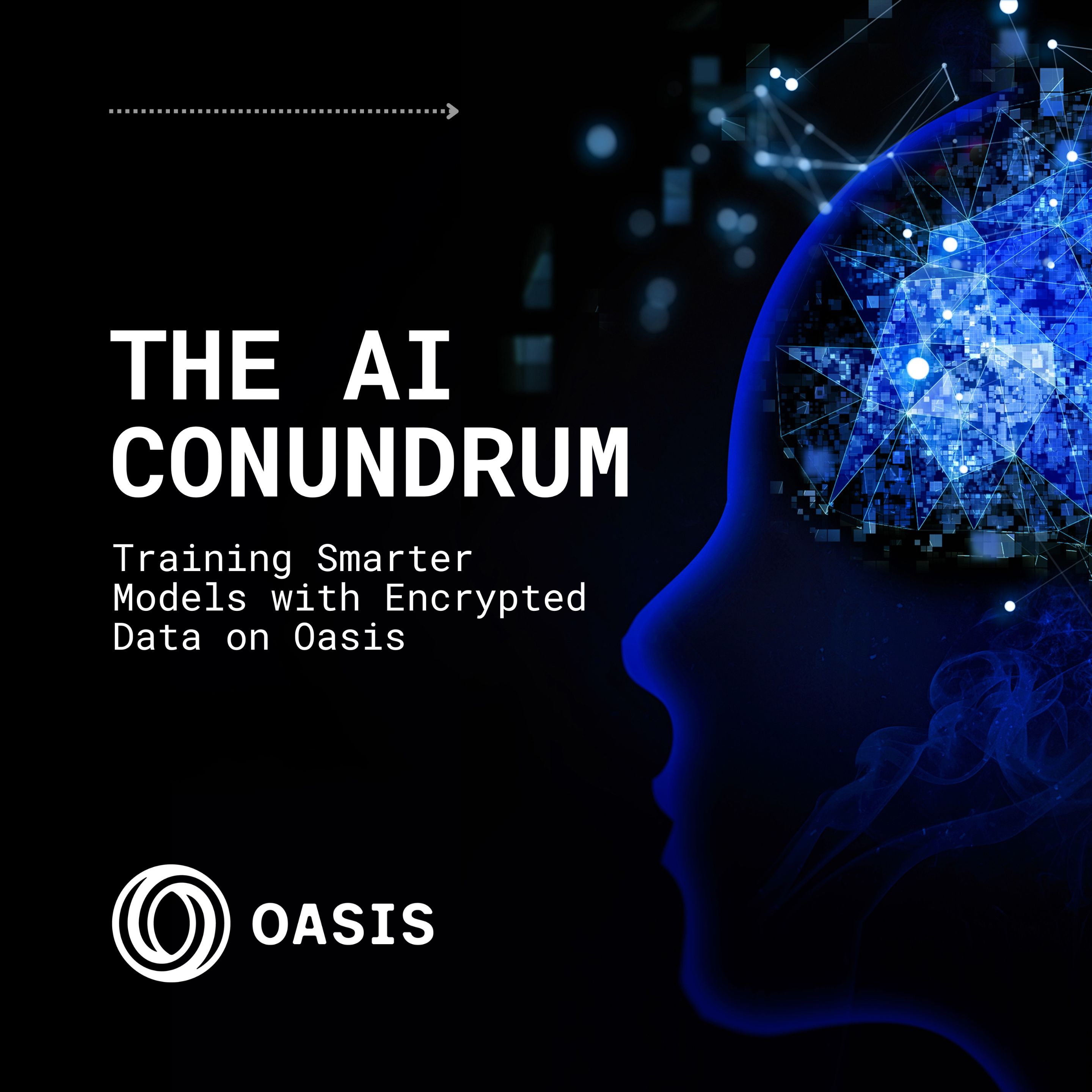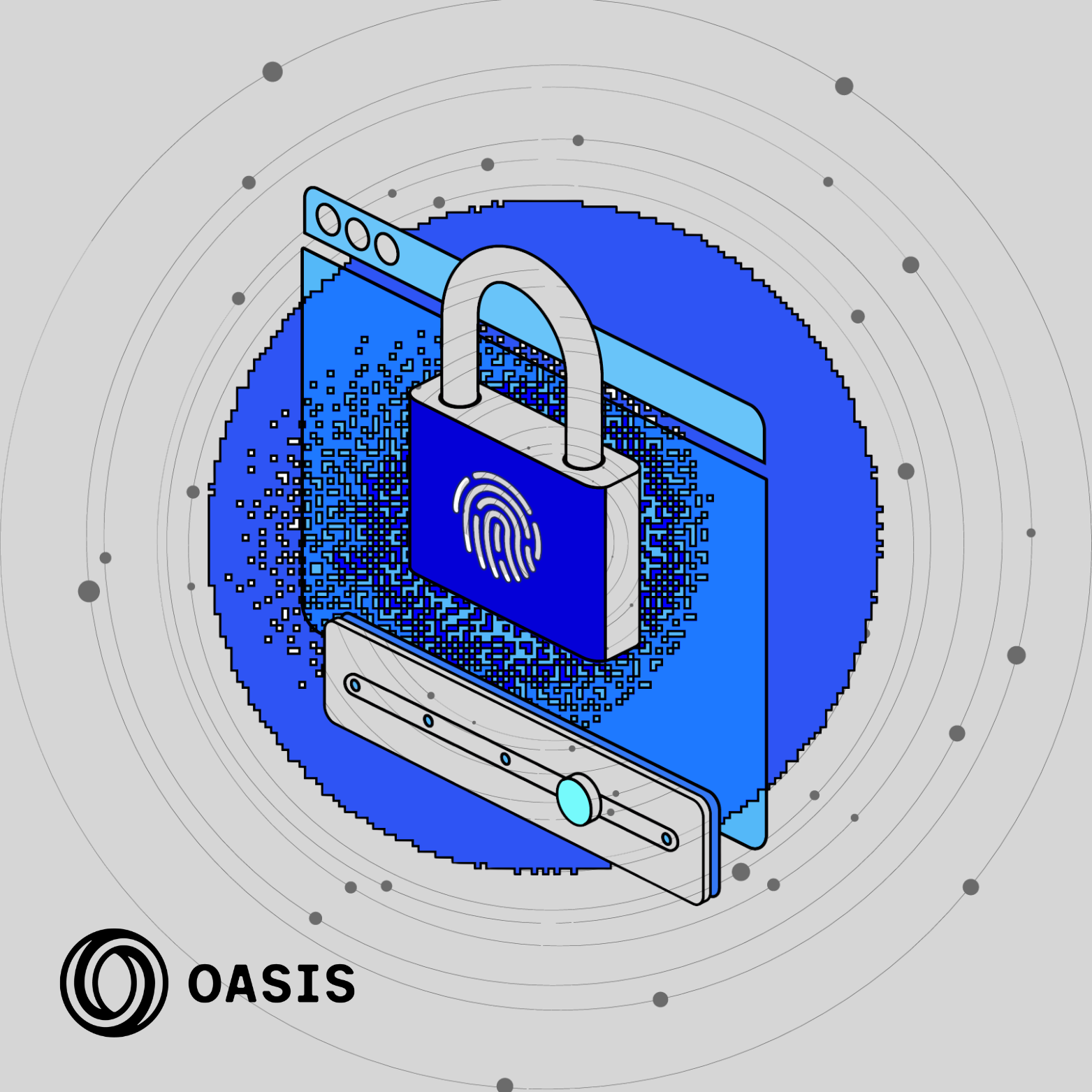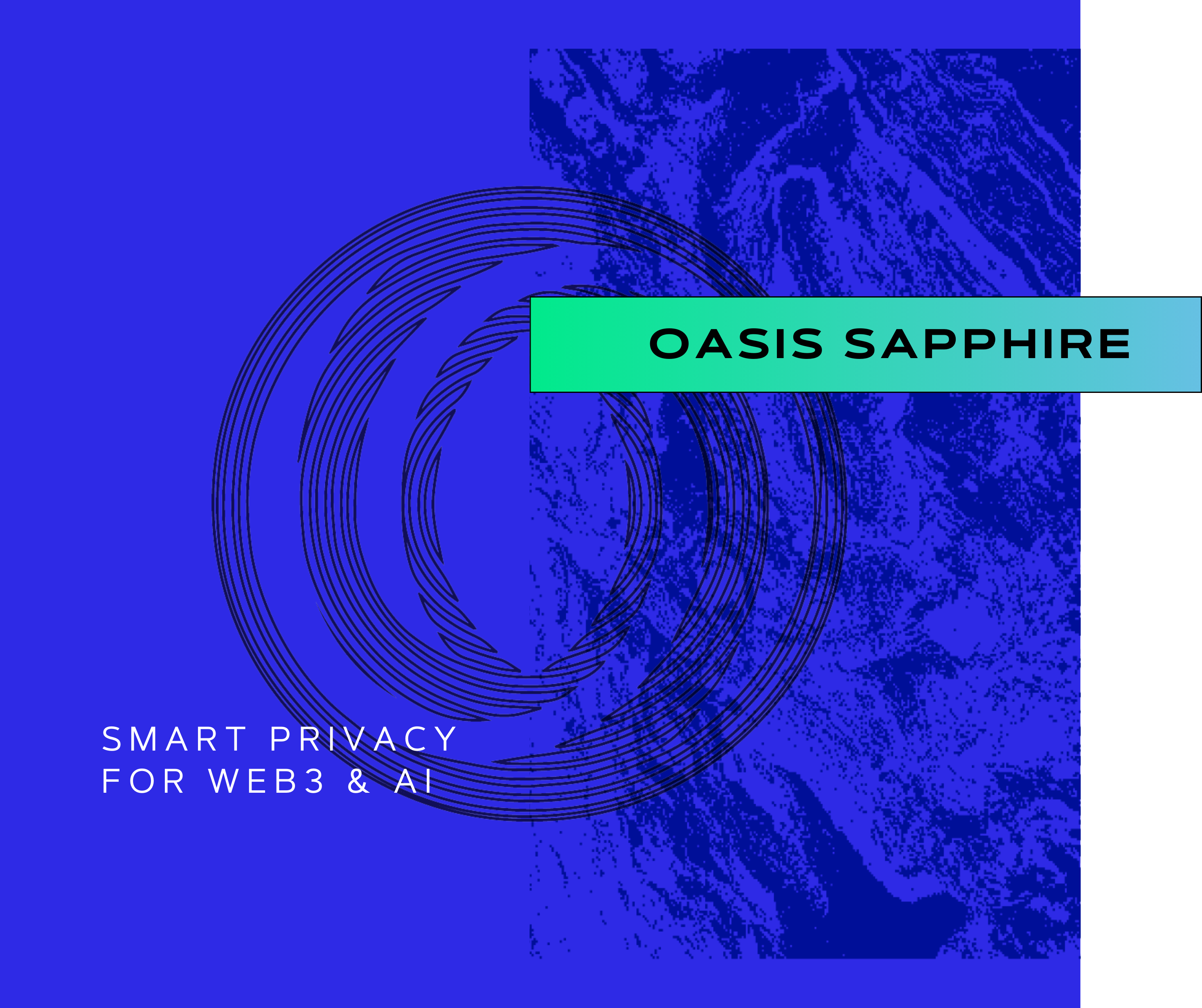
Artificial intelligence has become part of daily life. From recommendation systems to medical diagnostics, AI models are shaping the way decisions are made. These models rely on massive amounts of data like photos, health records, financial transactions, conversations, and more. The more data available, the better the models can become.
But here lies the conundrum: the data that makes AI powerful is often private. A hospital can’t casually share patient records. A bank can’t publish client transactions. Schools can’t upload student profiles into public datasets. Yet these are exactly the kinds of sensitive information that could make AI systems more accurate and useful.
So how can AI grow smarter without putting personal and confidential data at risk? Oasis offers a solution to this!
Why AI Needs Data, and Why That’s a Problem
Training an AI model is like teaching a student. The more examples the student sees, the better they learn. For instance, an AI designed to recognise diseases in X-rays needs thousands, sometimes millions of X-ray images. The more diverse and accurate the data, the better the AI becomes at making reliable predictions.
The challenge is that most of this valuable data belongs to individuals. It’s sensitive, protected by laws, and subject to strict rules. Sharing it in raw form creates risks of identity leaks, misuse, or discrimination.
Today, many organisations either hold back valuable datasets because of these concerns or hand them over to centralised platforms that promise security but require full trust. Both paths create limitations. AI grows more slowly, or privacy is compromised. Neither is ideal.
Oasis and the Promise of Encrypted Data Processing
Oasis is designed to handle sensitive data without exposing it, thanks to a unique architecture that separates consensus from execution and supports specialised computing environments called ParaTimes.
ParaTimes like Sapphire and Cipher allow smart contracts to run computations on encrypted data. That means a dataset can stay private, but still be used to train or improve an AI model. The network ensures the raw data never leaves its secure environment, and only the approved results are shared.
This method makes it possible to use private data responsibly — balancing the need for innovation with the need for privacy. AI models can learn from real-world information without individuals having to give up control of their personal details.

Practical Examples of Private AI Training
The value of this approach becomes clear when you look at practical use cases.
Healthcare
Hospitals could collaborate to train AI models on patient data without ever exposing the records themselves. A cancer detection system, for instance, could benefit from data across multiple institutions while keeping each patient’s details fully protected.
Finance
Banks could analyse patterns of fraud across different institutions. Instead of sharing raw transaction data, encrypted datasets could feed into a shared AI model that becomes better at spotting suspicious activity, while protecting customer privacy.
Education
Schools could develop AI tools that adapt to student learning styles. Sensitive records such as grades, performance histories, and personal backgrounds could remain private while still helping models deliver better results for each learner.
Consumer Services
Recommendation systems could become more personalised without building massive central databases of user behaviour. Each person’s data could remain under their control, with encrypted contributions improving the overall model. These scenarios show how encrypted data processing can unlock the full potential of AI without forcing people or organisations to choose between usefulness and privacy.
Why Oasis Is Positioned Well
Many blockchains are transparent by default. While this is useful for financial transactions, it’s unsuitable for handling sensitive information. Oasis is one of the few networks designed with privacy as a built-in feature, not an afterthought.
Its confidential smart contracts mean developers can write applications that respect user privacy while still benefiting from decentralised trust. Since Sapphire is Ethereum-compatible, developers can use tools they already know to build privacy-preserving AI solutions. This lowers the barrier to entry and makes adoption more realistic.
For businesses, this means lower compliance risks and a better ability to innovate responsibly. For individuals, it means confidence that their information is being used ethically and securely.

Challenges That Still Need Work
Even with Oasis’ capabilities, there are hurdles to overcome. Managing encrypted datasets and private keys isn’t always straightforward for end users. Developers need to design interfaces that are simple and clear.
There’s also the issue of standards. For private AI to work across industries, there needs to be agreement on how encrypted data is formatted, shared, and processed. Without that, solutions risk becoming isolated silos.
And finally, regulations will play a role. Governments and institutions will need to recognise and approve privacy-preserving approaches like those Oasis supports. Building trust with regulators and the public will be just as important as building the technology itself.
A Path Toward Smarter and Safer AI
The debate about AI often swings between two extremes: rapid innovation with little concern for privacy, or strict protection of data that slows progress. Oasis shows that there doesn’t need to be a trade-off. Enabling encrypted data processing makes it possible to train AI models that are both smarter and more respectful of privacy.
The future of AI should not be one where individuals constantly fear misuse of their data. It should be one where people and organisations can contribute to progress without giving up control. Oasis offers the tools to build that kind of future where AI can grow not at the expense of privacy, but alongside it.
Build on Oasis Today Link — https://docs.oasis.io